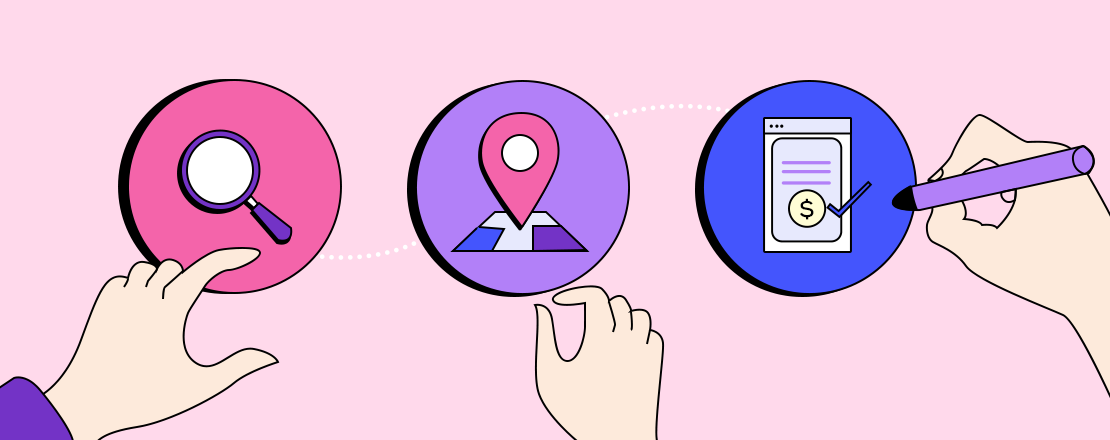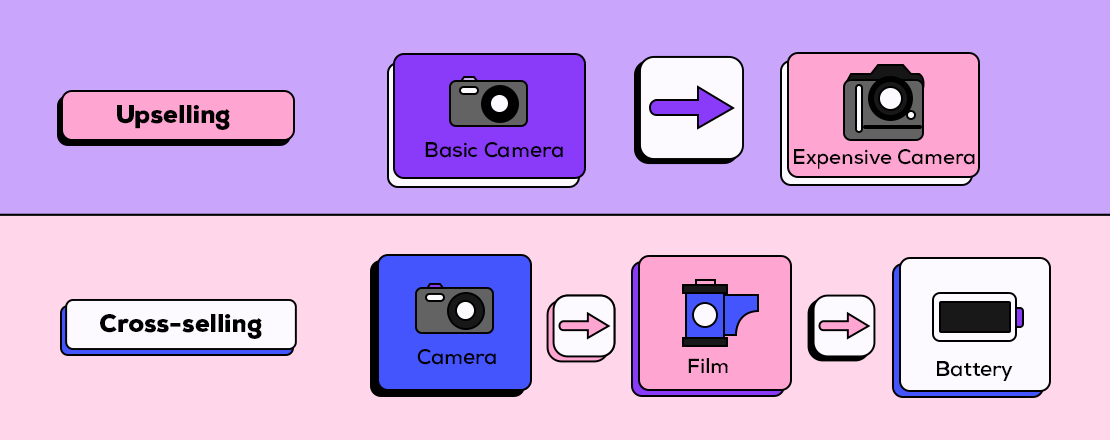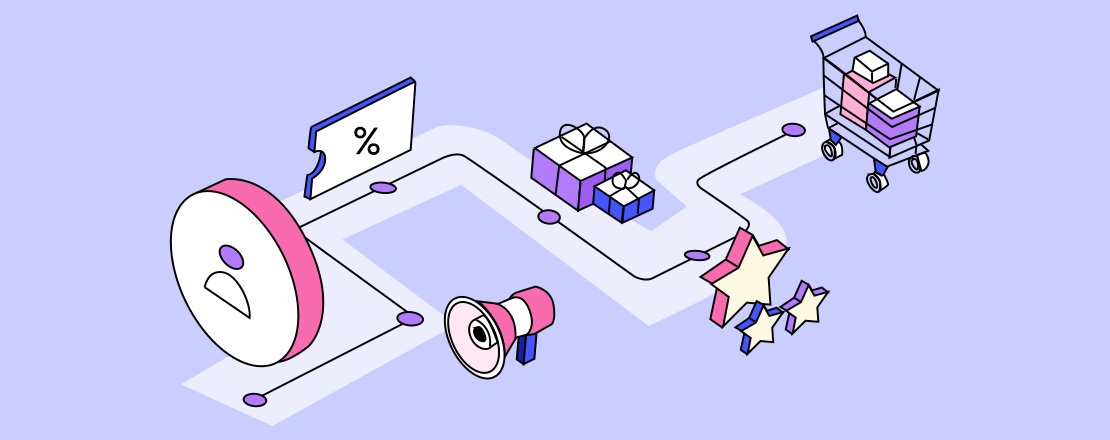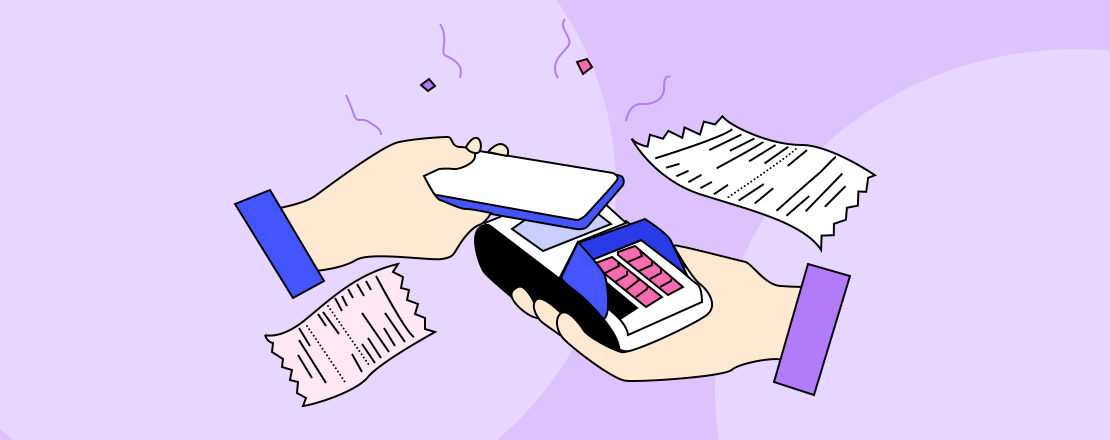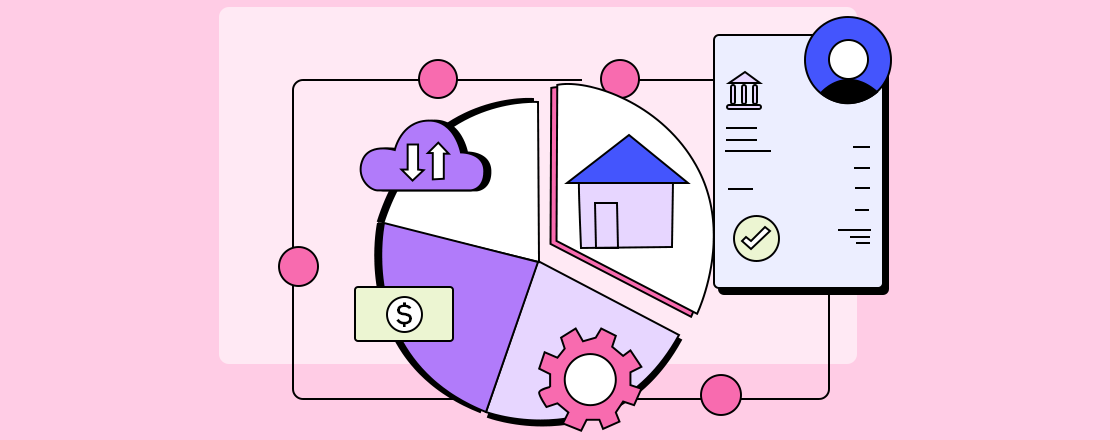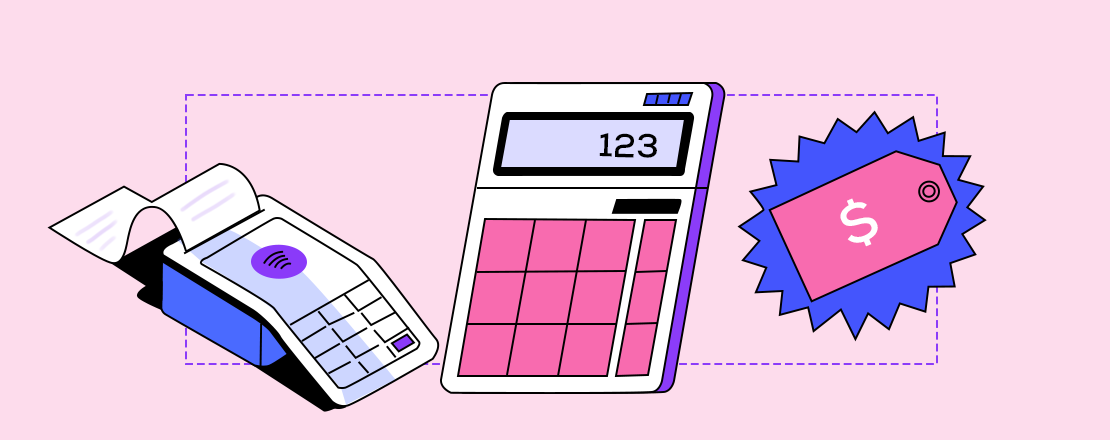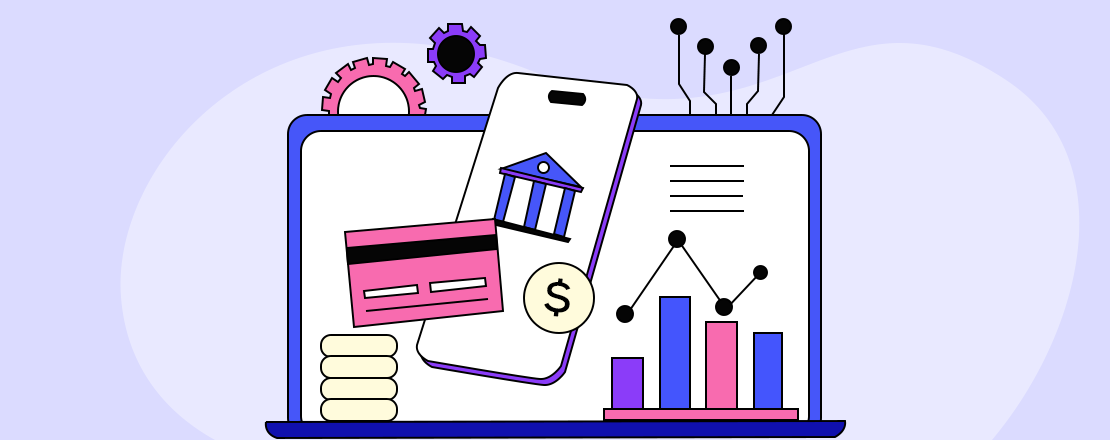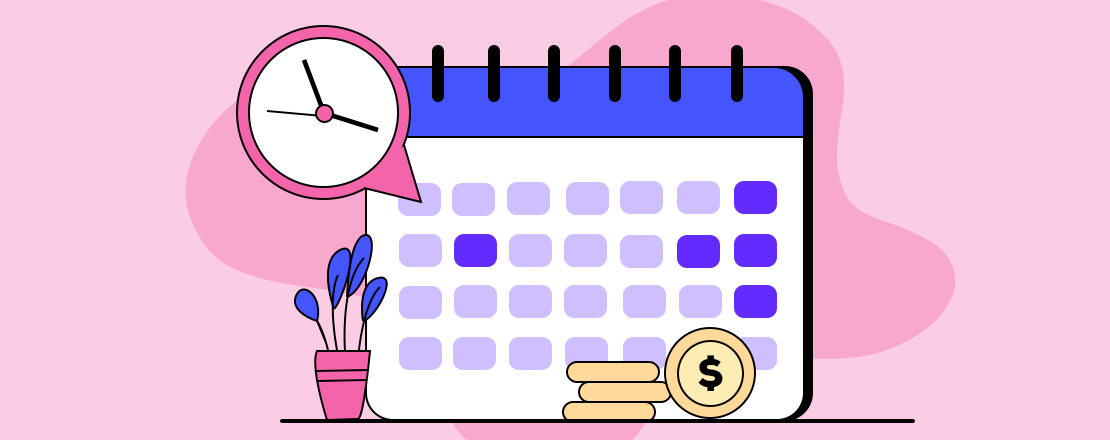In the consumer lending industry, the consequences of coronavirus will be painful to low-income borrowers, and the 30 million* small American businesses.
The emergence of the deadly coronavirus — a respiratory infection that originated in the Chinese city of Wuhan — has had major ramifications on the financial world in a matter of months. Many economies have come at a standstill. Stock markets are witnessing a global sell-off. The efforts to contain the outbreak have brought routines to a grinding halt, putting the manufacturing and services sector out of gear. Around one-third of the world’s population is under complete lockdown to mitigate the impact of this pandemic.
In the U.S., the economic situation only seems to be getting worse due to COVID-19 and its rapid spread. The economic impact of the outbreak has sent the lending industry into a dizzying tumble. The absence of a vaccine for such a contagious disease is leaving the world in the lurch.
The Impact
America has recently reported a large number of growing coronavirus cases, leading it to be the highest in the world, even crossing Italy and China. Due to stringent travel restrictions in major economies — airlines, local transport, auto industry, hotels, etc. have been impacted. This has a strong effect on cash flows, liquidity, capacity to repay liabilities as well as profitability.
In the lending space, the consequences will be painful to low-income borrowers, and the 30 million* small American businesses, which typically do not have three months of cash reserves. These small businesses employ 60 million** people – 47.3 percent of the private workforce – many of whom have themselves taken unsecured personal loans.
In a slowed-down economy, companies and individual borrowers will probably have financial difficulties, leading to an anticipated increase in defaults, delinquencies, and recovery rates. In 2019, the loans were taken under borrowers’ pre-pandemic assumptions^ that they would be able to repay. But even in the pre-COVID world, analysts argued that because borrowers are present-biased, they were more likely to be delinquent shortly after borrowing. They calculate what they can return based on their present-day circumstances, but underestimate how their circumstances can change in the future. Now, with almost all Americans under a stay at home order and unemployment rising (around 13 percent^^), many of those borrowers’ financial ability to repay debt has become essentially non-existent. Very recently an SMB loan platform furloughed a ‘significant’ number of employees and shut down one of its offices.
As a result of the pandemic, an increased likelihood of modification following a period of delinquency, based on the duration of the contagion is also expected. Due to rate movements and liquidity constraints, there are chances of varied effects on prepayment rates for collaterals. In short, the belief even among financial institutions is that the dependency on loans to move up the lifestyle may take a backseat for some time.
Relief Measures
Only massive government stimulus will help ease the blow on consumer lending due to the coronavirus. Amidst the inevitable circumstances, globally, several relief measures have been initiated by governments — providing stimulus/relief packages to SMEs, student loans, etc., while also urging banks to allow relief to borrowers on repayment of their loans and EMIs.
Many countries have announced plans for economic support measures in recent months. The U.S. has pledged a $2 trillion package that will provide direct payments to lower- and middle-income Americans. Because people are facing massive economic pressure in light of the pandemic, the Federal Reserve has also lowered the interest rate to near zero percent. This makes accessing credit and getting loans — which plenty of Americans may need in the weeks ahead — less of a burden for them. The rate cut aims to keep consumers spending and the economy moving. It also eases the pressure from existing debts, which should be a relief for anyone with an upcoming credit card payment.
The new stimulus package offers some credit protections under the Coronavirus Aid, Relief and Economic Security (CARES) Act: Lenders and financial institutions need to report accounts as ‘current’ (as opposed to delinquent) to the credit bureaus until 120 days after the national emergency declaration ends.
A Nerdwallet Report# named, COVID-19: Loan Options and Payment Relief shows lenders are also taking several measures to respond to the outbreak in day-today-operations. While some personal loan lenders are introducing low-rate, small-dollar loans to consumers, others are tightening approval requirements. Many lenders are letting existing customers defer their loan payments without fees. As lenders, collectors, and debt buyers in the consumer lending industry think about aiding their customers by providing meaningful relief while keeping their businesses afloat, they should keep in mind the developments that have occurred at the state and federal levels. Businesses are rightly nervous as the world faces up to the biggest humanitarian crisis and the business fall-out.
What’s Next
COVID-19 will deliver a serious economic shock, and while financial analysts are still trying to estimate the scale, the outlook remains highly uncertain. Industries need to be resilient not only to support their customers, suppliers, shareholders, and employees but also in this time of global need, to continue vital work to support communities.
The International Monetary Fund (IMF) Managing Director, Kristalina Georgieva had earlier announced that the global economy has entered a recession as bad as or worse than 2008. The outbreak has certainly caused an unprecedented impact on global economies. Given the high level of uncertainty and negative outlook, there is a high probability of a credit crisis in the world financial world, which could replicate or be even worse than the global financial crisis of 2008. Ultimately, the impact will depend on the duration of the pandemic, which is very uncertain and unpredictable. One cannot predict but can only wait to see how these events unfold.
*Fundera – Small Business Employment And Growth Statistics
**Americanbanker: How fintech can save small businesses on the brink
^NewYork Fed Org – FinTech Borrowers: Lax-Screening or Cream-Skimming?
^^NewYork Times: The Unemployment Rate Is Probably Around 13 Percent
#Nerdwallet – COVID-19: Loan Options and Payment Relief






